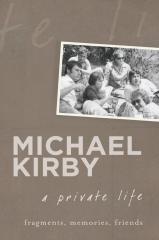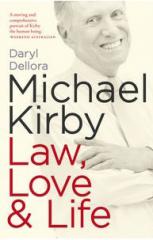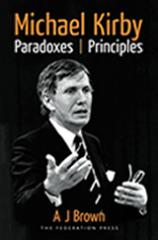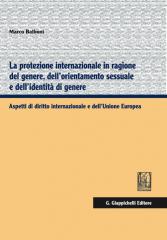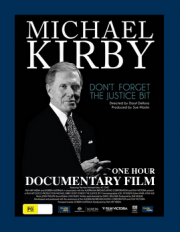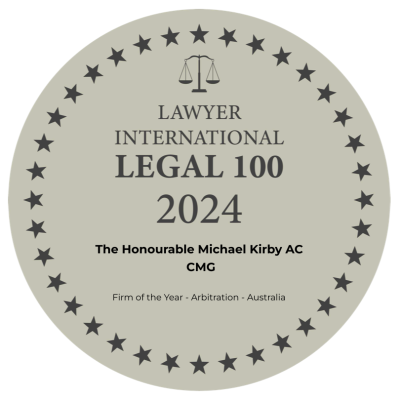Tuesday 24 November 2020 at 9am.
A webinar given by Michael Kirby to the College of Law at the Australian National University in conjunction with Professor Jeremy Farrall.
Advice to Lawyers Studying International Law
I recommend two books that I am currently reading:
- Philippe Sands, East West Street – On the Origins of Genocide and Crimes Against Humanity, Weidenfeld and Nicolson, London, 2016. This is the story of the elaboration of genocide and crimes against humanity at the Nuremburg Trials (1945-6); and
- Marco Duranti, The Conservative Human Rights Revolution: European Identity, Transnational Politics, and the Origin of the European Convention, Oxford University Press, 2017.
This is the story of how it was conservative politicians in Britain, then in opposition, deported and sponsored the move to build the European Convention on Human Rights and, inevitably, the European Commission on Human Rights and Court of Human Rights. It was not the work of “lefty socialists”.
As for getting a foot in the door of the United Nations, young Australian lawyers play leadership roles both in Geneva and New York and have done so for years. Rory Mungoven is currently Head of Cabinet of Michelle Bachelet, UN High Commissioner for Human Rights. Gillian Triggs is UN High Commissioner for Refugees. One of the lawyers in the team of 12 who worked with me on the report of the COI on DPRK (North Korea) was Siobhan Hobbs who came on loan from UN Women.
Diligent young Australian lawyers often have to start by working as UN volunteers for a few months before a job turns up. Both Geneva and New York are expensive cities to live. Unless young lawyers can accumulate funding to sustain them for the first year, they may not be around long enough to go through the system which has quotas for employees from different UN regions.
If at some stage in the future you would like me to come and talk about this issue, I will do so. My associate in my last year as President of the NSW Court of Appeal (Simon Walker) has been working in the OHCHR for about 20 years. He is an expert on human rights and intellectual law for pharmaceuticals and vaccines. He will be very busy with the COVID-19 vaccines and practical accessibility as a human rights requirement.
Mr Marco Duranti who wrote the second book above is an Australian scholar. We are everywhere and we are good.
Please pass these remarks on to your students with warm good wishes.




